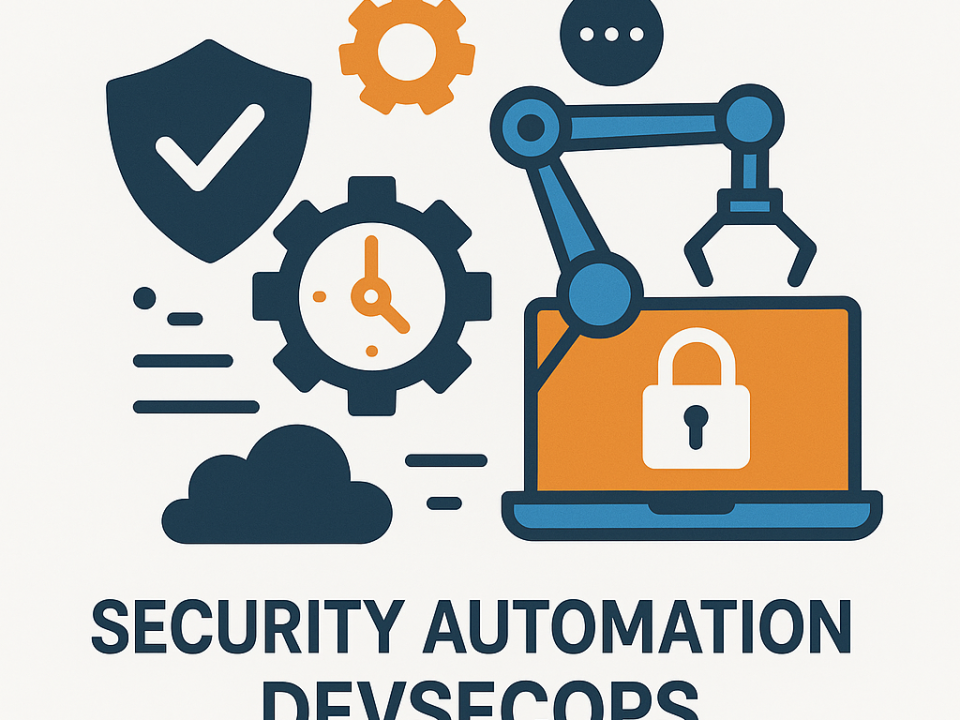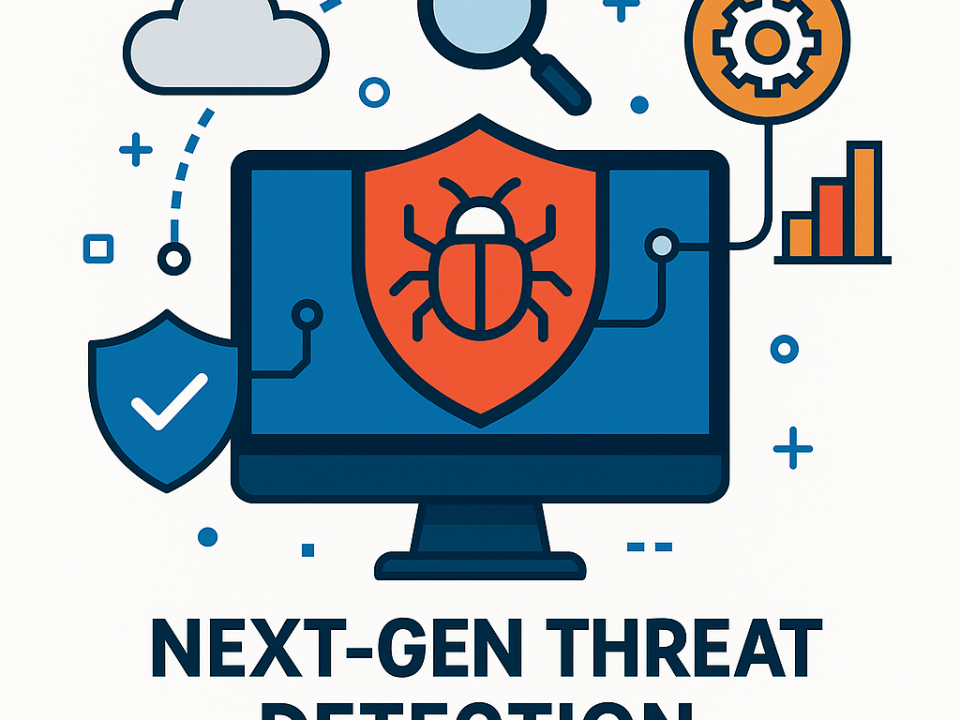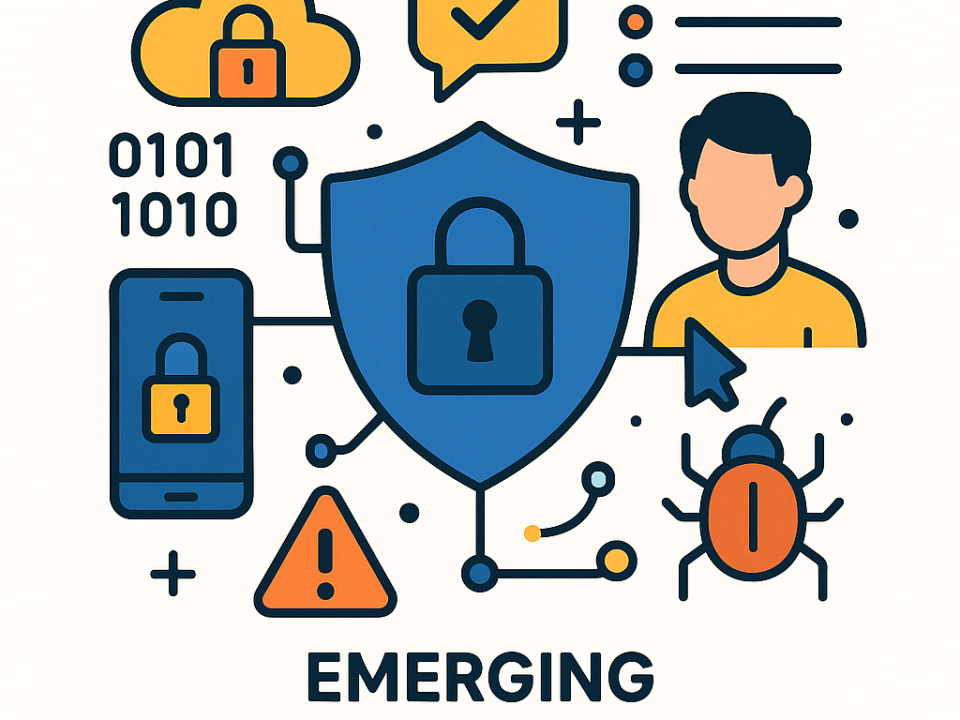
Mastering Security Automation in DevSecOps: Your Pathway to Unbeatable Cyber Resilience
June 11, 2025
Why Zero Trust Architecture is Essential for Today’s Digital Landscape
June 11, 2025Unlocking Trust: Embracing Privacy-by-Design Frameworks for a Safer Future
In an age where data breaches and privacy violations make headlines daily, implementing robust privacy measures is more crucial than ever. Privacy-by-design frameworks serve not only as a legal necessity but also as a trust-building mechanism for businesses and organizations. These frameworks integrate privacy into the design of systems and processes from the outset, ensuring that users’ personal information is safeguarded proactively. This isn’t just about compliance; it’s about fostering a culture of trust and accountability that resonates with customers.
Key Benefits of Privacy-by-Design Frameworks
Adopting a privacy-by-design framework can yield several benefits that directly impact an organization’s reputation and operational efficiency. Firstly, businesses that prioritize data protection can enhance customer trust, leading to long-term loyalty and satisfaction. When customers know their information is handled with the highest care, they are more likely to engage and share their data enthusiastically.
Secondly, incorporating privacy into your foundational processes can significantly reduce the risk of data breaches. By proactively addressing potential vulnerabilities, organizations can avert costly incidents that not only harm their bottom line but also tarnish their public image.
Moreover, compliance with regulations such as GDPR or CCPA becomes seamless with a privacy-by-design approach. Businesses employing these frameworks can avoid hefty fines while simplifying the process of meeting legal obligations. In today’s competitive market, all these advantages strengthen the case for implementing these frameworks.
Common Challenges Solved
Many organizations face challenges in balancing innovation with privacy. Privacy-by-design frameworks effectively address these concerns by embedding privacy considerations into the development lifecycle. This results in less friction when introducing new products or services, as potential privacy issues are anticipated and dealt with in the planning phase.
Furthermore, as the Internet of Things (IoT) expands, the need for privacy has become even more pronounced. Privacy-by-design frameworks provide practical solutions to secure data across multiple devices, helping organizations navigate the complexities of interconnected systems.
Another challenge is employee training regarding data privacy practices. Implementing privacy-by-design can serve as a foundation for teaching staff the importance of data protection, leading to a more knowledgeable and vigilant team.
Real-World Examples of Success Stories
Numerous organizations have reaped the rewards of implementing privacy-by-design frameworks. For instance, tech giants like Microsoft have incorporated these principles into their product development processes. By doing so, they not only comply with global regulations but also cultivate their reputation as responsible data guardians.
Smaller companies, like Signal, have gained recognition for their commitment to user privacy by embedding these principles into their messaging platform from day one. This has allowed them to build a loyal user base that values privacy over profit, showcasing that privacy-by-design can lead to both ethical responsibility and business growth.
Join the Movement Towards Better Privacy Practices
The future of data privacy lies in adopting comprehensive privacy-by-design frameworks. As consumers become more aware of their rights and the risks associated with data sharing, businesses that prioritize these frameworks will stand out. It is imperative for organizations to evaluate their current practices and consider how privacy can be at the heart of their operations.
Start today by educating your team on privacy principles, identify areas for improvement, and begin embedding these practices into your processes. By doing so, you won’t just comply with regulations; you’ll build a brand synonymous with trust and integrity.






